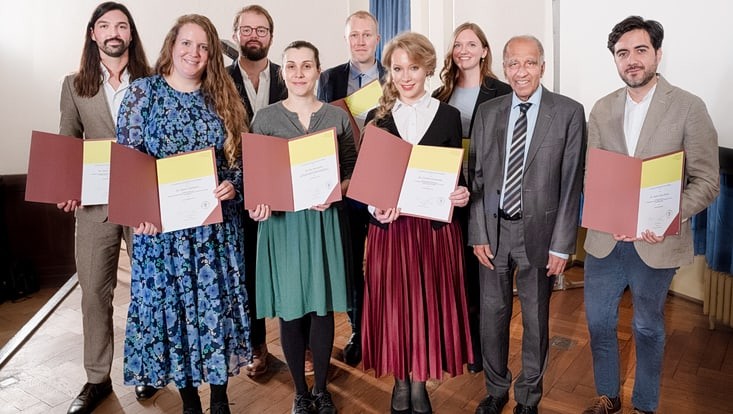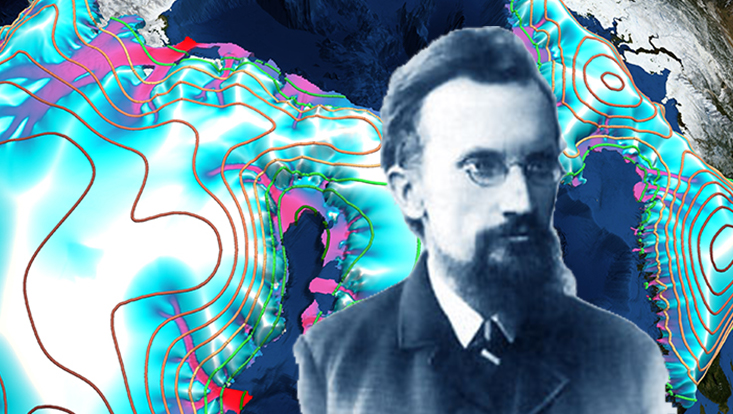and Society (CLICCS)
Is the 1.5 Degree Target Still Plausible?
19 October 2021, by Stephanie Janssen

Photo: CLICCS/Universität Hamburg
If the world is to limit global warming to 1.5 degrees Celsius, there will have to be a fundamental transformation in practically all areas of life toward net-zero emissions by 2050. Many states and organizations have set themselves ambitious targets for carbon neutrality, and at the same time, young people around the globe have campaigned for this goal with climate protests and school strikes. But is this enough? Is achieving deep decarbonization by 2050 currently plausible at all?
More than 40 CLICCS researchers have, for the first time, systematically addressed this question and published their findings in the Hamburg Climate Futures Outlook. The short answer is: no, deep decarbonization by 2050 is not plausible.
The scholars assessed ten key social factors that are relevant to cutting emissions, so-called drivers. These included the United Nations’ climate governance, corporate strategies and climate-related legal proceedings, as well as climate protests, consumer behavior, and journalism. According to the study, none of these drivers currently indicates a move away from fossil fuels that would be sufficient to achieve the net-zero goal by 2050. Six of them show movement toward a partial decarbonization, while two others – our consumer behavior, and corporate strategies – are actually hindering decarbonization.
What role do technologies that remove CO2 and other greenhouse gases from the atmosphere play? The analysis shows that the various removal methods cause side effects, such as a tremendous demand for land and water. Large-scale implementation is therefore not currently plausible. Accordingly, whether or not we can achieve net-zero will mainly depend on how much humankind can reduce emissions.
Societies have to fundamentally change their behavior
Together with new findings on climate sensitivity, the Outlook narrows down the range of global warming by the year 2100: it’s currently not plausible that, compared to the preindustrial era, the global mean temperature will rise by less than about 1.7 degrees Celsius or by more than ca. 4.9 degrees. Although deep decarbonization isn’t currently plausible, the scenario is by no means impossible: new resources and synergies can be unlocked when indivi-dual social drivers “activate” each other, for example when climate protests and new policies lead companies to roll out more effective climate mitigation strategies. The COVID-19 pandemic has shown how quickly and fundamentally societies can change their behavior. Governments rapidly ratified laws that directly affected citizens’ private lives, and most people accepted and adhered to them.
Lastly, the Outlook stresses that the ac-tual transformation into a climate-neu-tral world will take far more to achieve than many people realize. The course for our climate future is being set in the political community and many other parts of society – what matters most now is to steer it toward decarbonization.
CLICCS Quarterly
The article was published in CLICCS Quarterly, the news from the Cluster of Excellence every three month. Find full issue -> here.


